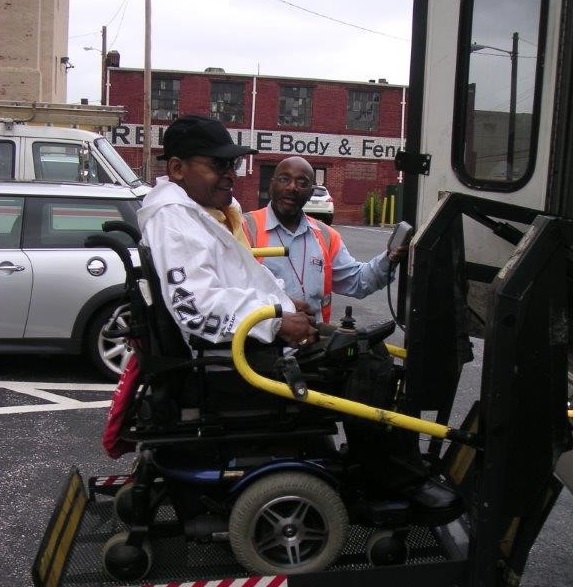

This cookie is set by Cloudflare content delivery network and, in conjunction with the cookie 'cf_use_ob', is used to determine whether it should continue serving “Always Online” until the cookie expires. These cookies do not store any personal information. Performance cookies are includes cookies that deliver enhanced functionalities of the website, such as caching. This session cookie is served by our membership/subscription system and controls whether you are able to see content which is only available to logged in users. The cookie is set by the GDPR Cookie Consent plugin and is used to store whether or not user has consented to the use of cookies.
#Mta mobility windows#
The cookie is a session cookies and is deleted when all the browser windows are closed.


The cookie is used to store and identify a users' unique session ID for the purpose of managing user session on the website. This cookie is native to PHP applications. The cookie is used to remember the user consent for the cookies under the category "Performance". This cookie is set by GDPR Cookie Consent WordPress Plugin. The cookie is used to store the user consent for the cookies in the category "Necessary". This cookie is set by GDPR Cookie Consent plugin. The cookie is used to remember the user consent for the cookies under the category "Analytics". The cookie is set by GDPR cookie consent to record the user consent for the cookies in the category "Advertising & Targeting". CookieĬookielawinfo-checkbox-advertising-targeting This category only includes cookies that ensures basic functionalities and security features of the website. Necessary cookies are absolutely essential for the website to function properly. The MTA anticipates selecting a ‘late-shift’ pilot programme partner by the end of March 2020. During Phase two, the location, timeframe and business terms of the pilot programme will be determined.

Phase one will centre on data collection and analysis to determine the structure of the pilot. The shared mobility ‘late-shift’ request for proposal is being conducted in two phases. Criteria for participating subway stations will be evaluated throughout the course of the request for proposals process. The request-for-proposals process will begin by looking at areas in The Bronx, Brooklyn, Manhattan, Queens and Staten Island that are more than a half-mile from the nearest subway station and have limited bus service with arrivals less frequent than every 20 minutes overnight. “With increasing numbers of people moving away from the traditional 9-5 Manhattan-centric work schedule, we want the MTA to evolve to best support New York’s continually diversifying economy,” said MTA Chief Innovation Officer, Mark Dowd. “We are seeking to leverage new mobility technologies to enable more New Yorkers to benefit from the public transportation network during the overnight hours, and to enhance the experience of overnight subway customers in low-cost ways.” Late shift employment, often in major industries such as healthcare, food services, and hospitality/leisure, is expected to grow faster than the overall economy over the next five to 10 years. The Metropolitan Transportation Authority (MTA) in New York has announced that it has issued a request for proposals from transportation companies to advance the ‘Late-Shift’ pilot programme to improve shared mobility for New Yorkers working the late shift by connecting them with the subway system outside of Manhattan during overnight hours.


 0 kommentar(er)
0 kommentar(er)
